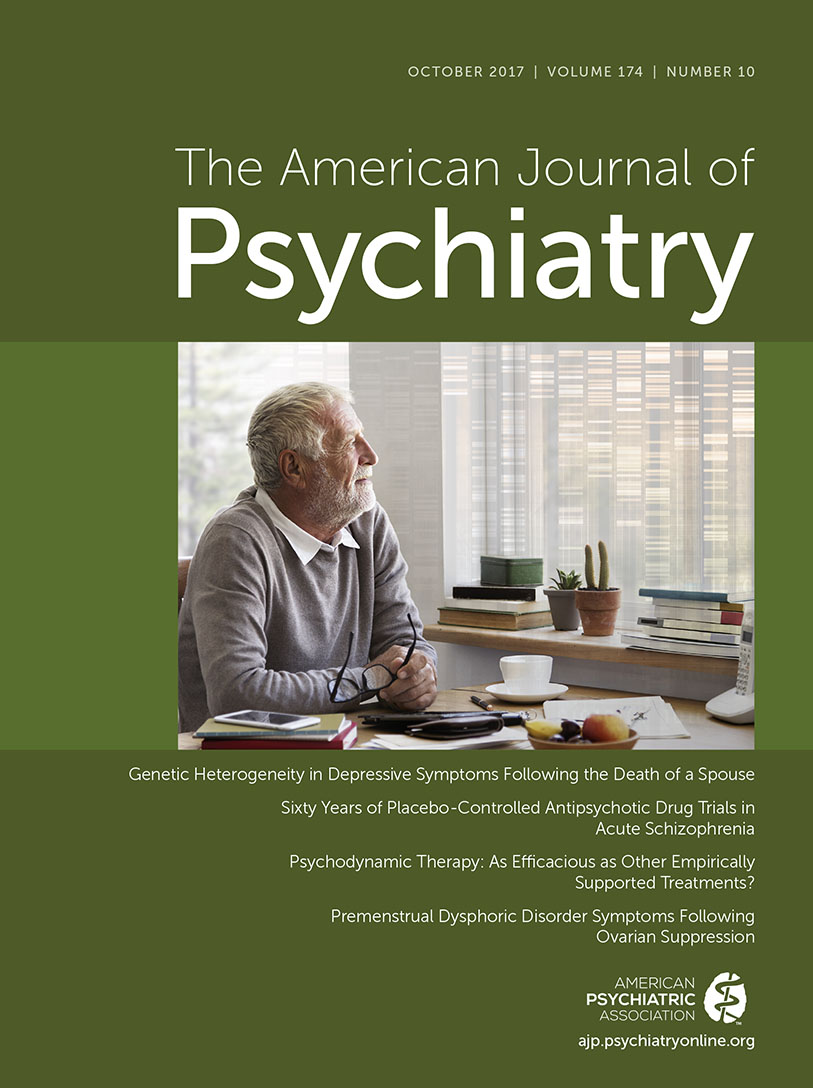The Finest Traditions of My Calling: One Physician’s Search for the Renewal of Medicine

Abraham Nussbaum is a recognizable name to the many psychiatrists who paid close attention to the transition from DSM-IV to DSM-5. He is the author of The Pocket Guide to the DSM-5® Diagnostic Exam and coauthor of two other DSM-5 pocket guides for specific populations. Consistent with his role as an inpatient psychiatrist, associate professor at the University of Colorado, and chief educational officer at Denver Health, these texts demonstrate Dr. Nussbaum’s passion for teaching and are excellent guides for practicing psychiatrists, psychiatric residents, and students.
In his new book, The Finest Traditions of My Calling: One Physician’s Search for the Renewal of Medicine, Dr. Nussbaum’s versatility and depth as a thinker and writer are on display. In the memoir, he provides a vivid personal reflection on his medical and psychiatric training and years as a young attending psychiatrist. He shares insights derived from years of intense introspection into who he is as a person, how he developed into a physician and a psychiatrist, and what it means to be a teacher. He asks unflinching questions of himself and of his mentors to try to learn how and why he became the kind of person and physician he is today. Unique among physician memoirs, Nussbaum’s book uses a fascinating method to engage this question. He takes readers along with him as he compares his personal journey with the stories of historical greats in medicine such as William Osler, whose methods and insights continue to have a lasting impact on medical education and the practice of medicine today. Instead of taking the lessons of these men at face value, he asks in what ways they may direct us toward and away from the patient-centered medicine Nussbaum craves.
Where the book shines brightest lies in how Nussbaum tries to apply the wisdom of prior generations of physicians to the myriad contextual features that define contemporary medicine and are easily recognizable to physicians today. Sparing none of the many golden calves that serve as idols in modern health care settings, Nussbaum’s critiques are extraordinarily subversive. He shows how quality improvement, evidence-based medicine, and other well-intentioned paradigms to improve health care can paradoxically squeeze virtue and patient-centered care out of medicine. In doing so, he distills medicine down to its original essence. Good medicine places the individual patient first, and good health care creates an operating space that allows physicians to do so. For Nussbaum, at stake is nothing less than the epidemic of physician burnout destroying the practice of medicine today.
Physicians finishing the book will note that it leaves the reader with a series of challenges. The first is primarily reflective: Who am I as a physician, and what defines me as such? The second is action oriented: What aspects of my background, training, and practice pull me away from my core commitments as a physician to my patients, including some of the well-intentioned but perhaps misguided reform efforts in medicine and psychiatry? Finally, if medicine by itself cannot sustain me in my practice, what are those communities and sources of meaning that can? For Nussbaum, this is religious, but he does not make the claim that this must be the case for everyone. Rather, he suggests that his search for meaning in medicine forces those of us on the same path to look beyond the finest traditions in medicine for ways to sustain us in pursuit of our calling.



